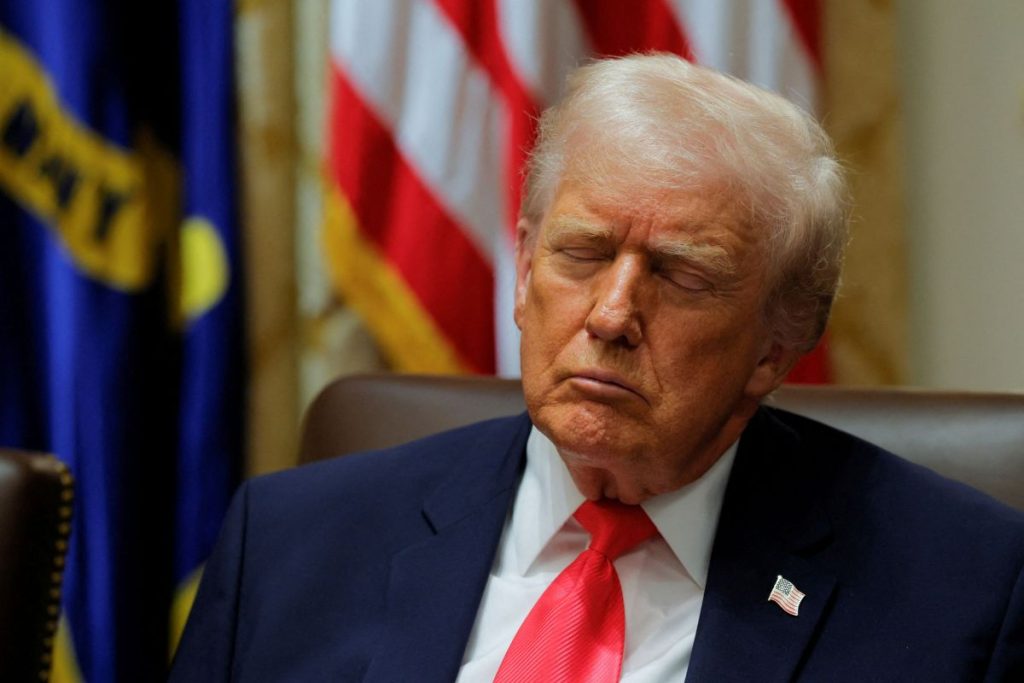Imagine a country where there is a… beer monopoly enforced.
Say one industry has completely dominated and in control of the market. It has a factory (which after years ended up being in the capital, a stone’s throw away from Syntagma Square and Parliament). The factory produces and sells beer without any competition: one or two breweries in the countryside are insignificant competitors.
The monopoly in the production and trade of beer has been established not because of legal provisions (there was a free economy at the time), but because a series of regulations maintain the monopoly.
To call a spade a space, the monopoly brewery “giant” is “Fix”, which owns the market. When the Center Union rose to power in 1964, the market reorganized. The old gave way to the new and Amstel emerged.
The war began. The new beer started increasing its share of the market, while Fix’s monopoly was challenged. Being that they were used to not really having any competition, those in power are unable to counter the resourcefulness of the newcomers, who apply thought out strategy to their marketing. One of the details of the competition are the new beer bottles that Amstel introduced to the market. These bottles with a different shape make the new beer stand out.
Fix reacted rather unexpectedly; they ordered similar beer bottles, which are however a bit smaller. They get them out in the market and soon enough they run into a problem. Fix appealed to the relevant authorities with an incredible claim. They demand that Amstel be banned from the market, because during the collection and return, the empty beer bottles are mixed up and when they get back on the market, they client or the company itself might run into a smaller bottle and suffer loses…
Eventually the monopoly broke and Fix, after being forced to operate under real competition, shut down (lately other businesses have bought the ‘Fix’ logo and are successfully marketing it).
The problem of abolishing the beer monopoly was even discussed in Parliament, which refused to enact laws that would ensure a monopoly.
Today the country is at a similar crossroad. The current government emerged from the need to modernize the country, because institutional changes and reforms are necessary.
The ‘Fix’-type monopolies may be over, but it seems like big interests are getting ready for a… party!
Stavros P. Psycharis
– Originally published in the Sunday print edition




